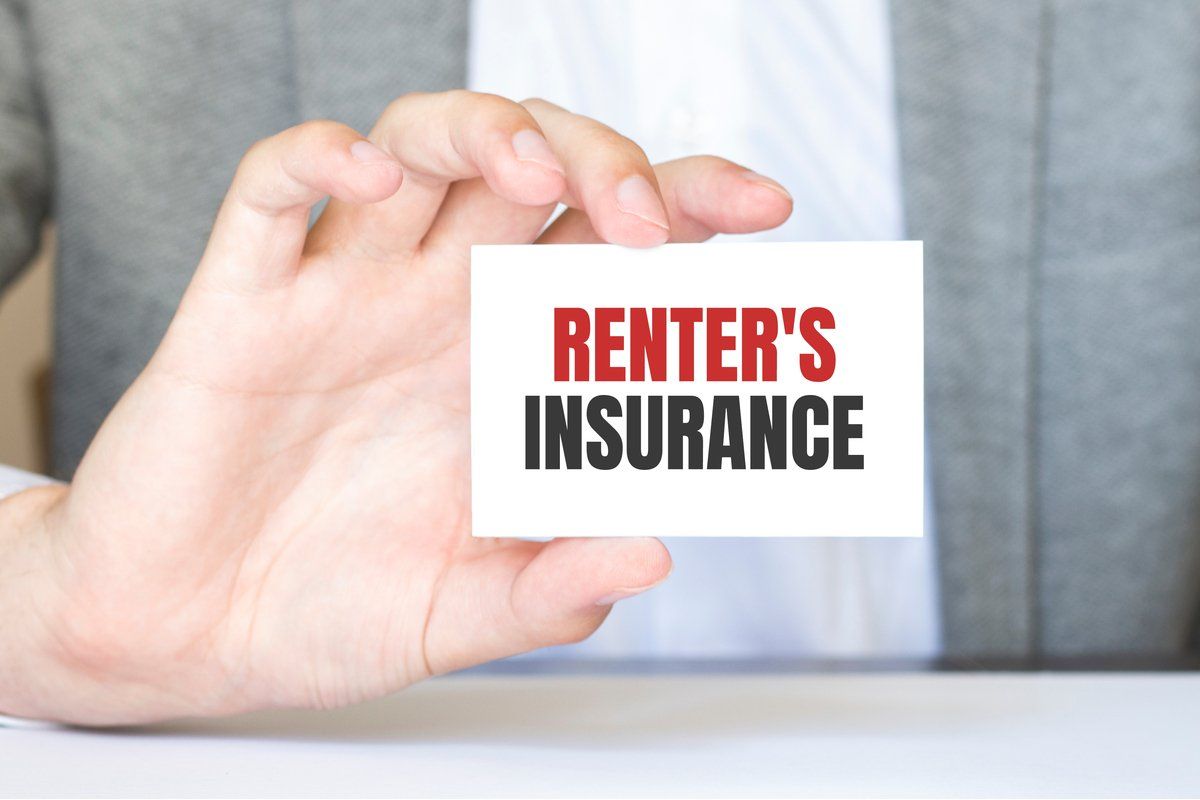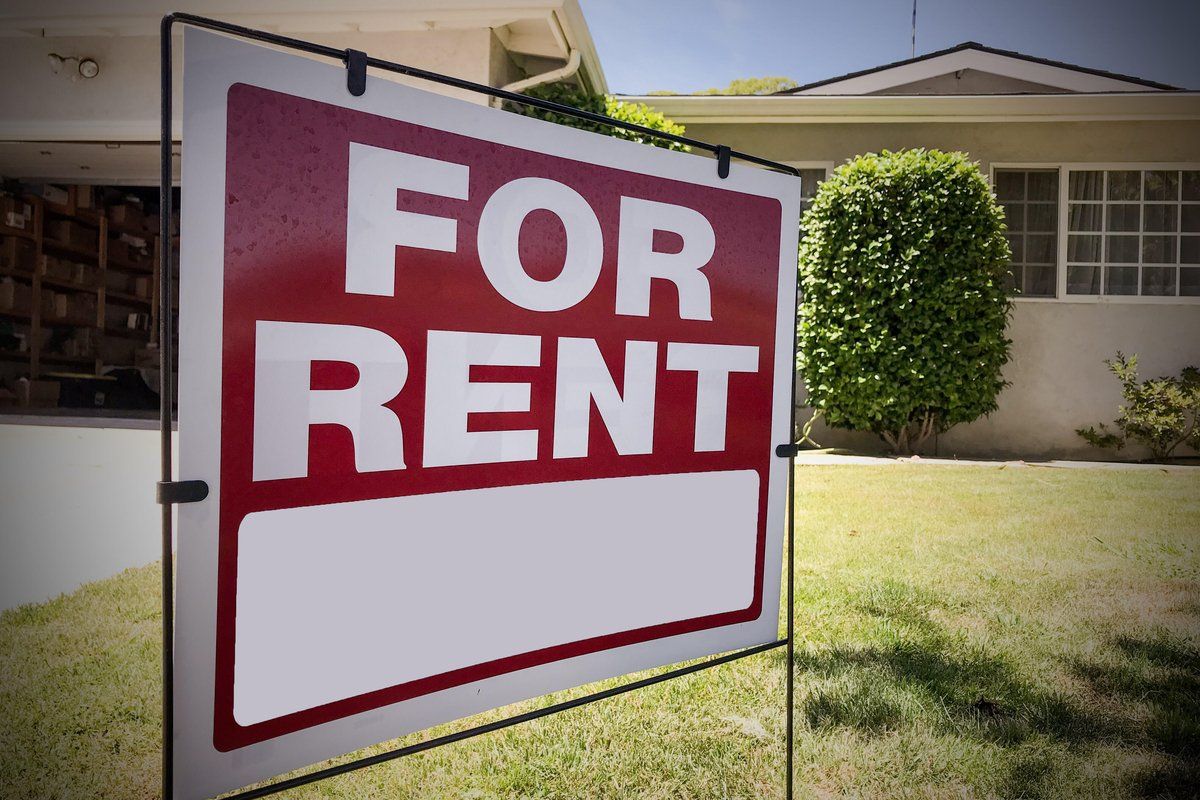What to Know About Pet Screenings
Matthew Tierce • April 8, 2021

Permitting pets in your units is somewhat of a calculated risk. There is a possibility that a cat, dog, or other type of pet may cause property damage. However, since 72% of American renters have pets, it may cost you in the long run if you prohibit them.
The good news is, there are steps you can take to reduce the risk posed by pets. This requires using a pet screening process and creating rules related to having pets in your properties. You may even want to impose a monthly pet fee, along with the cost of the rent.
Keep in mind, though, that this is only applicable to animals that are actual pets. If you have an existing or potential tenant who makes a reasonable accommodation request for their service animal, it is against the law to prohibit or restrict the animal.
Understanding the Pet Screening Process
If a potential tenant applies for one of the units you have available, you can include a pet application along with the traditional application. Current tenants can also be required to fill these out if they bring a new pet into the home or unit. Sometimes, pet applications are called pet resumes. They are designed to collect general information about the pet, such as:
• Sizes, types, number, and names of pets
• Registration information
• Training certifications
• Photo of all pets
• History of aggressive or destructive behavior
• Information from the vet
• Name of the renter’s insurance policy (if required)
The goal with this is to get as much information about every pet as possible. What you choose to do with the collected information is up to you. It can be used to approve or deny certain or all pets on your property, or you can keep the information on file if there is ever a problem with the tenant’s pets.
If you live in a city with a ban on specific breeds as house pets, you can figure out if your tenant may be violating the ban. If someone has exotic pets, such as ferrets or something similar, it is up to you to decide if they will be allowed or not.
Having information about pets on your property can also be helpful for your staff. For example, if one of the units requires maintenance, you can ensure the person providing the maintenance knows about the pet in the building. Making sure someone is aware of the animal before they arrive at the unit can help prevent an allergic reaction and ensure the pet does not escape accidentally. If an animal does not like strangers, you can let the tenant know they need to restrain the animal before the maintenance team shows up.
Implementing a Pet Screening Process
As a property manager, dealing with issues related to pets can be tricky. However, if you use a pet screening, you can make the process easier for everyone. You can also ensure that you are comfortable with the type or types of pets a tenant will have on-site.
Share this post

Renting an apartment could be the best option for you if you’re not ready or don’t have the mindset to become a homeowner. Renting instead of buying a home is perhaps the most practical choice for you to make according to your financial situation. Living in an apartment provides you with so many advantages. Some of these include having access to amenities, not paying maintenance fees, repair bills, or real estate taxes. Apartments are also convenient because you have the flexibility to live anywhere you desire. As a renter, you have the opportunity to move as often as you like to find the ideal place. Here are a few things you should consider when you’re searching for the right apartment for your family. The Price Are you satisfied with the rent you have to pay? Can you commit to this price on a monthly basis? You should never be in a rush to choose the first apartment that you come across. Make sure you take the time to read through the lease to determine if you should choose the apartment and if you’re getting a fair price. You must also go over the terms and conditions of the lease with your landlord. The Neighborhood Ensure the quality of the neighborhood before you decide to sign the lease. Consider these factors when you’re checking out the neighborhood. safety street lighting noise levels nearby parks type of restaurants in the area quality of schools and malls emergency services You can also interact with the neighbors in the area to gain more insight. The neighborhood you choose should align with your lifestyle, which helps to prevent inconveniences and for you to feel comfortable. Pet Policy If you’re a pet owner, you should find out about the pet policy for the place you want to rent. You could be charged a deposit if pets are allowed at the apartment. Get Help From a Property Management Company Before you sign on the dotted line, focus on these tips when you’re on the search for a quality apartment that you will enjoy. Creating a list of the specific things you’re looking for makes it so much easier for you to spend less time finding an apartment. You also have the advantage to rely on experienced and knowledgeable professionals to help you find a place. If you’re thinking about moving into a rental home, reach out to us at Valley Insured Property Management Inc. for more information.

If you rent the home in which you live, it is most likely covered for insurance by the property owner or property management company . However, you may still want to invest in renter’s insurance to ensure your personal belongings are protected as a tenant . Some people wonder if renter’s insurance is an unnecessary expense, and determining if the investment is suitable for you will depend on your particular circumstances. Renter’s insurance protects you and your belongings in the case of inevitable tragedies such as burglaries resulting in significant theft or medical coverage of someone else who is injured in your rental home. While conducting thorough research into renter’s insurance policies is advised before making your decision, here are some of the significant benefits of the coverage to know about. Third-Party Liability Coverage of third-party liability is one of the main reasons people invest in renter’s insurance. When people visit your home, there is a chance that injury could occur for any particular reason. While your landlord’s insurance does not cover these issues, renter’s insurance will. For example, if your friend is injured and his personal property is damaged in the incident, the renter’s insurance would pay for medical expenses and repair of the damaged property. Protection Of Your Valuables In addition to providing third-party liability, renter’s insurance protects your personal belongings against theft and certain types of damage. While all damage to personal property is not typically covered in the policies, damage from flooding or fire and most emergencies that damage your valuable will be covered so you can replace those items. Different Renter’s Insurances Offer Different Coverages As in any other type of insurance, not all renter’s insurance policies are created equally. You must understand your choices before you sign on the bottom line. Some policies may cover just your personal property while others may only cover third-party liability, and still, others may combine both in their coverage. You may also want to consider opting for inflation coverage so that you can cover the value of your belongings at the rate of inflation. Shop around to determine which renter’s insurance policy is best for you. Renter’s Insurance Limitations You should be aware that many renter’s insurances policies limit the amount of money you can receive for replacement or loss of valuable items. Such items could include antiques, jewelry, artwork, and technology. Make sure you read the policy’s fine print carefully before signing it to ensure you are fully aware of what you are purchasing.




